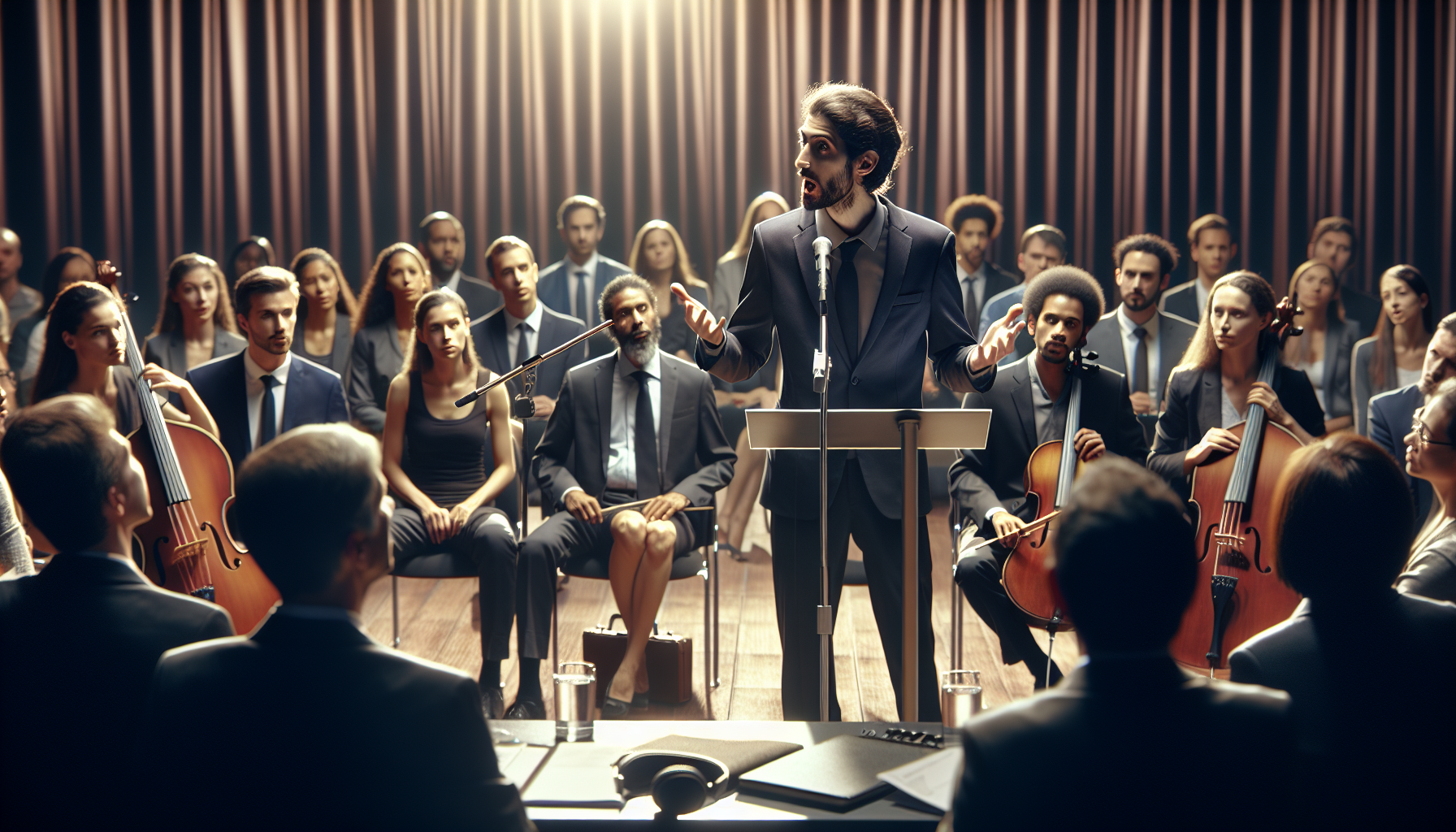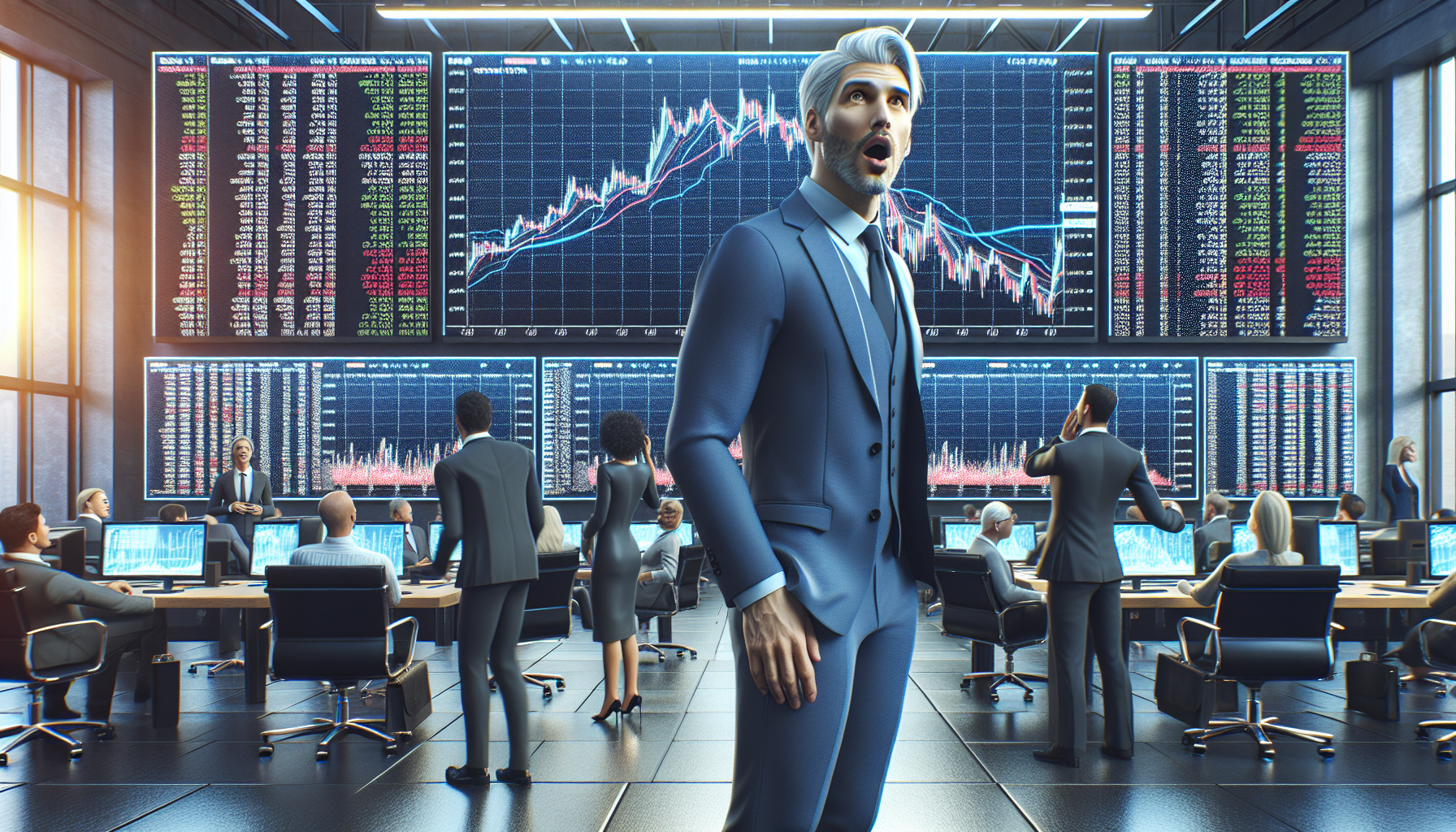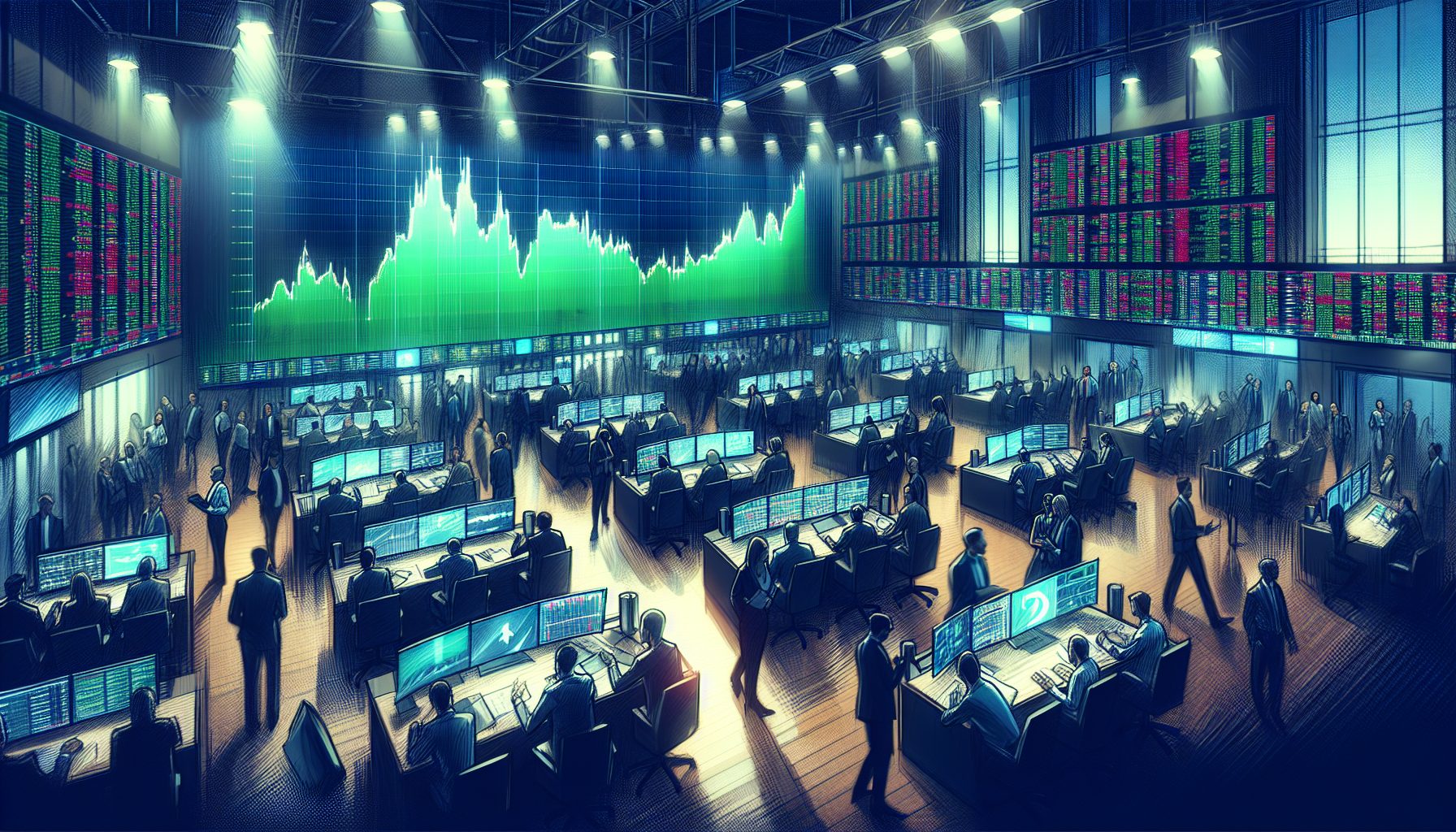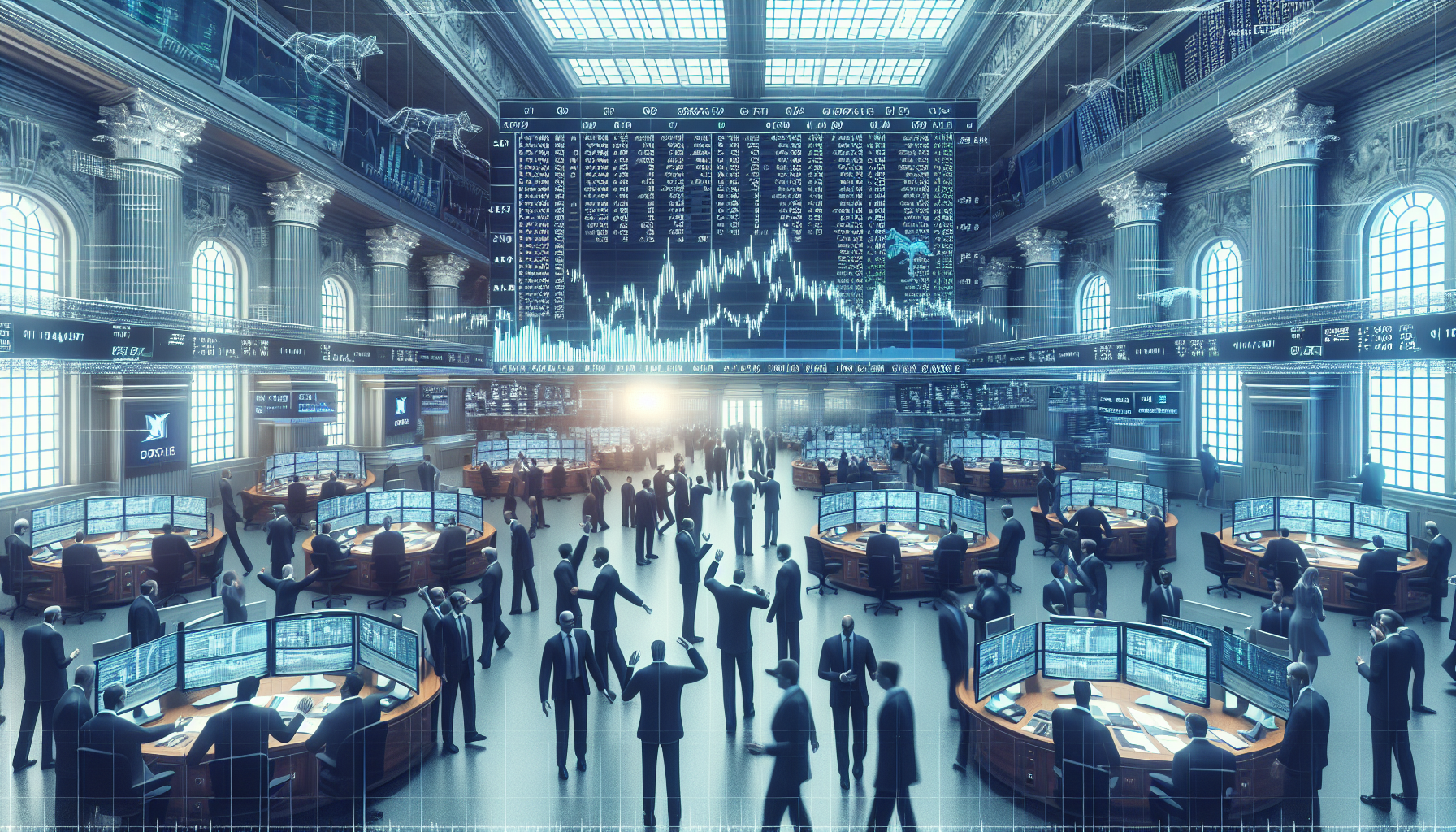AI and Copyright: A Call to Action from Paul McCartney
In the ever-evolving landscape of technology, the integration of artificial intelligence (AI) into creative sectors has sparked a significant debate. Recently, music legend Paul McCartney expressed concerns regarding upcoming changes in laws that govern AI’s use in the arts. McCartney warns that these changes could lead to a scenario where artists are unfairly disadvantaged, their hard work and creativity potentially undermined by machines capable of generating content.
The Background of the Concern
As AI continues to grow in sophistication, its ability to mimic human creativity has raised eyebrows. From generating music to creating visual art, the capabilities of AI are impressive. However, this also brings up vital questions regarding copyright and the protection of artists’ rights. Should a computer program that can replicate a musician’s style be allowed to do so without compensating the original creator? These are the tough questions that McCartney believes need addressing.
Proposed Changes and Their Implications
Recent proposals for revision of copyright laws suggest that AI-generated content may not fall under the same protections as human-created works. McCartney argues that this legal shift could essentially “rip off” artists, enabling unscrupulous individuals to use AI tools to produce music or art without due compensation to the original creators.
- Legal ambiguity around AI creations
- Potential for widespread content reproduction
- Artists facing challenges in asserting their rights
With changes like these, the integrity of artistic work and its creators hangs in the balance. McCartney’s comments highlight the urgent need for laws that evolve alongside technology, ensuring that artists’ contributions are recognized and rewarded rather than exploited.
Understanding AI’s Role in the Arts
At its core, AI can be understood as a set of algorithms designed to learn from data and perform tasks typically requiring human intelligence. In the art world, this means that machines can analyze existing musicians’ styles and replicate aspects of their sound. Some might argue that this democratizes music creation, allowing more people to experiment with sound.
However, the dangers are evident. AI doesn’t have personal experiences or emotions; it merely mimics patterns from existing works. As a result, the originality of music and art could be seriously compromised. McCartney likens this to plagiarism, a serious offense that could potentially become normalized in an AI-dominated landscape.
What Artists Can Do
So, what can artists do to prepare for and navigate this changing terrain?
- Stay informed about proposed legal changes and rights related to AI.
- Engage in discussions about copyright reform and contribute their voices to the movement.
- Utilize AI as a tool for creativity rather than as a replacement for their artistry.
The Future of Art in the Age of AI
As we move forward, it’s crucial that artists, lawmakers, and technologists come together to develop a framework that respects and protects creative work. One proposal is to create a system of laws that not only safeguards artists’ rights but also encourages responsible use of AI in creative fields.
This will require collaboration and perhaps a bit of compromise. Yet, as McCartney aptly illustrates, we must act decisively to ensure that artists remain at the center of the creative process, rather than becoming mere footnotes in an AI-centric world.
Conclusion
The intersection of AI and artistic integrity is a nuanced topic that requires careful consideration. Paul McCartney’s warning to artists serves as a reminder of the importance of safeguarding creative rights as we embrace new technologies. Whether you’re a musician, painter, or digital creator, being aware of your rights and advocating for fair practices is essential in this brave new world of AI.
By staying informed and proactive, artists can help shape a future where creativity thrives alongside technological advancement.





